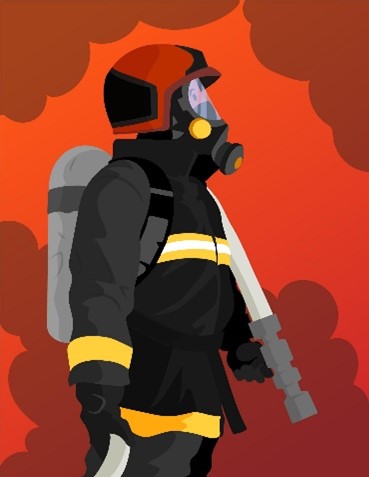- Hyderally & Associates P.C | Employment Lawyers NJ, NY
- (973) 509-8500
- tyh@employmentlit.com
Employment During a State of Emergency
Employees Gain Right to Ownership and Usage of Employee Inventions
February 23, 2018Second Circuit is Second in Prohibiting Sexual Orientation Discrimination
March 22, 2018Employment During a State of Emergency
March 8, 2018
Ty Hyderally, Esq., and Jennifer, Esq.
Both the State of New Jersey and the Township of Montclair declared States of Emergency earlier this week, due to severe weather conditions. This raised questions for many New Jersey employees:
Can I be Fired for Missing Work During a State of Emergency?
- Probably.
- The Montclair Township’s recent State of Emergency declaration included a ban on non-essential travel. (“Effective 0000 hours (midnight) on 3/6/18, non-essential travel and on-street parking will be prohibited for all vehicles for the duration of the state of emergency.”) Whether or not travel to work is “essential” is a question for the employee and employer, and Montclair’s declaration does not provide help in interpreting this.
- Even if an employee reasonably believes that driving to work is “non-essential travel,” refusing to come to work could result in termination, as New Jersey is an “at-will” employment state.
- The New Jersey Governor’s State of Emergency declaration from this week did not include any ban on travel.
- Thus, neither declaration gives employees the right to stay home.
- However, during a State of Emergency which DOES include a ban on all travel, an employer would not be justified in terminating employees who refused to break the law to come to work.
- Further, a driver of a commercial vehicle may refuse to start work if the weather is sufficiently hazardous at or near the scheduled start time as to make it unsafe to operate a commercial vehicle on the highways. Duff Truck Line, Inc. v. Brock, 1988 U.S. App. LEXIS 9164, 848 F.2d 189 (1993); 49 U.S.C. § 2305(b). Thus, an employer may be liable for violation of this provision if it terminates or suspends a commercial driver for refusal to drive a commercial vehicle when sufficiently hazardous conditions exist, such as those caused by snow, ice, sleet, fog, mist rain, dust, or smoke which adversely affect visibility or traction.
Does my Employer Have to Pay me During a State of Emergency?
- Maybe.
- Employers do not have to pay hourly employees for office closures due to States of Emergency, unless a contract or other agreement imposes such an obligation.
- Of course, employers do have to pay even hourly employees who actually perform work during a State of Emergency, even if they work from home.
- But employers do have to pay salaried employees for the full week, if any work was performed during that week.
- But…employers can make their salaried employees use vacation leave during a State of Emergency.
- However, if an employer closes the workplace due to a State of Emergency (or other reasons) for less than a full week, it must pay full salary to all exempt employees who are ready, willing and able to work, or the employer risks having such employees’ status deemed non-exempt under wage payment and overtime laws.
If My Workplace is Closed During a State of Emergency, and I Don’t Get Paid, Can I Collect Unemployment Benefits?
- Probably.
- If you missed work due to a State of Emergency, the process for filing a claim for unemployment benefits is the same as if you had been terminated.
This blog is for informational purposes only. It does not constitute legal advice, and may not reasonably be relied upon as such. If you face a legal issue, you should consult a qualified attorney for independent legal advice with regard to your particular set of facts. This blog may constitute attorney advertising. This blog is not intended to communicate with anyone in a state or other jurisdiction where such a blog may fail to comply with all laws and ethical rules of that state of jurisdiction.

